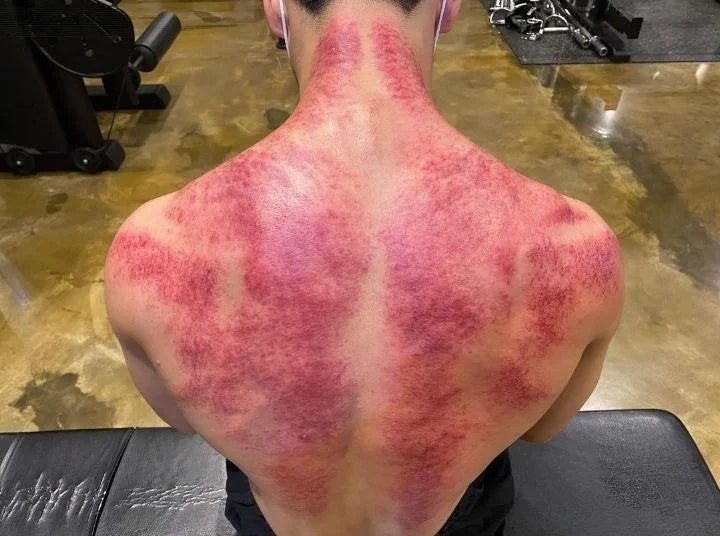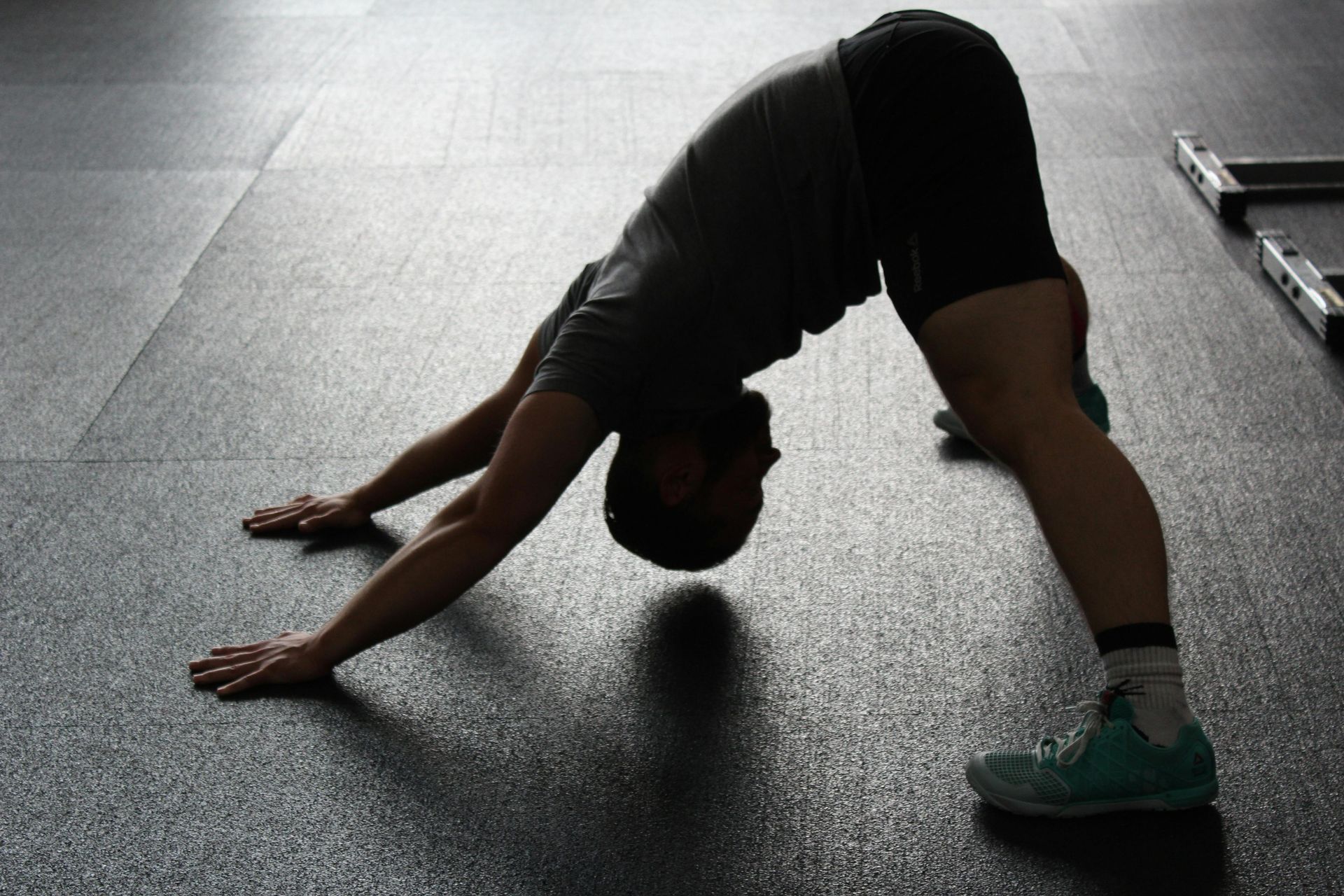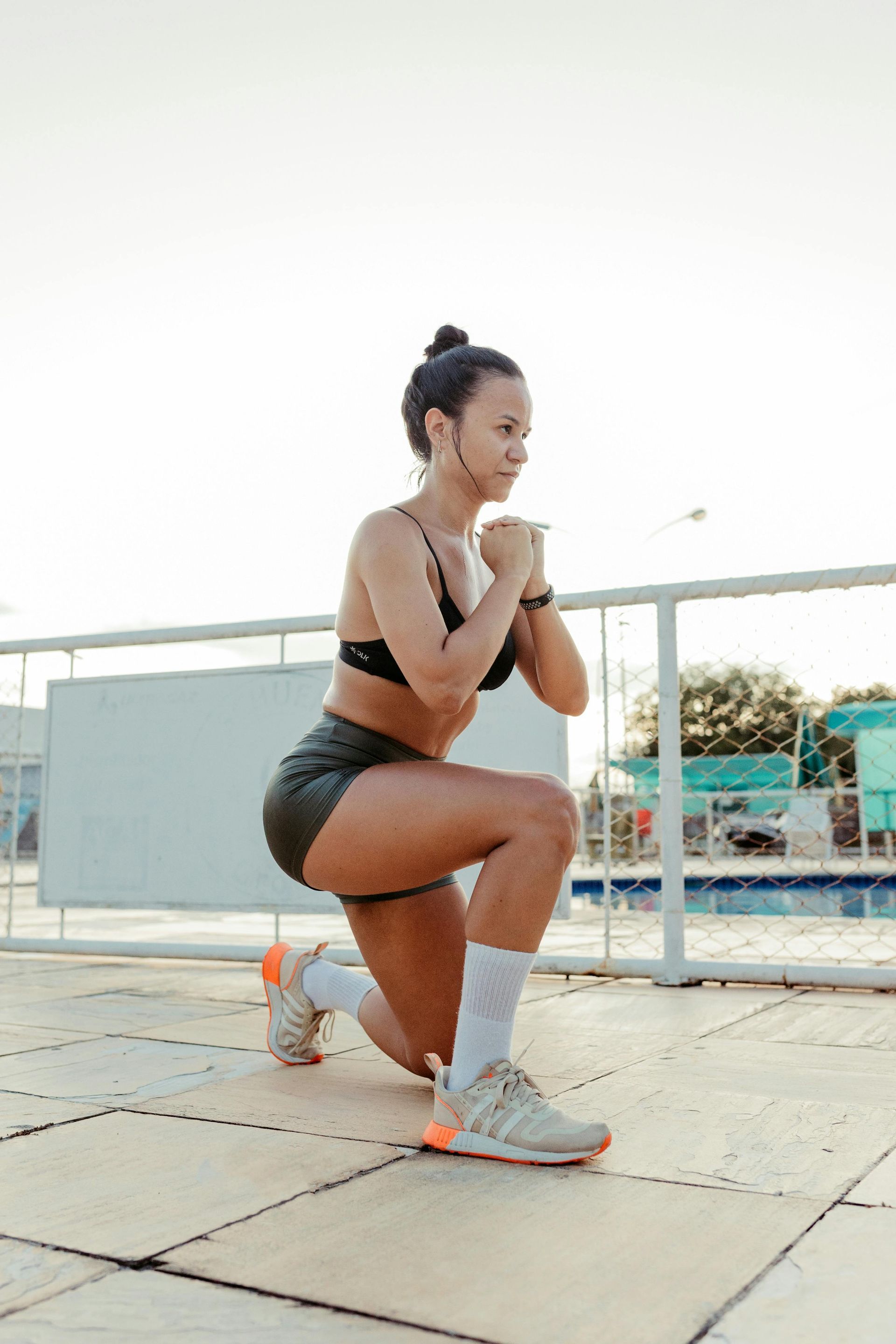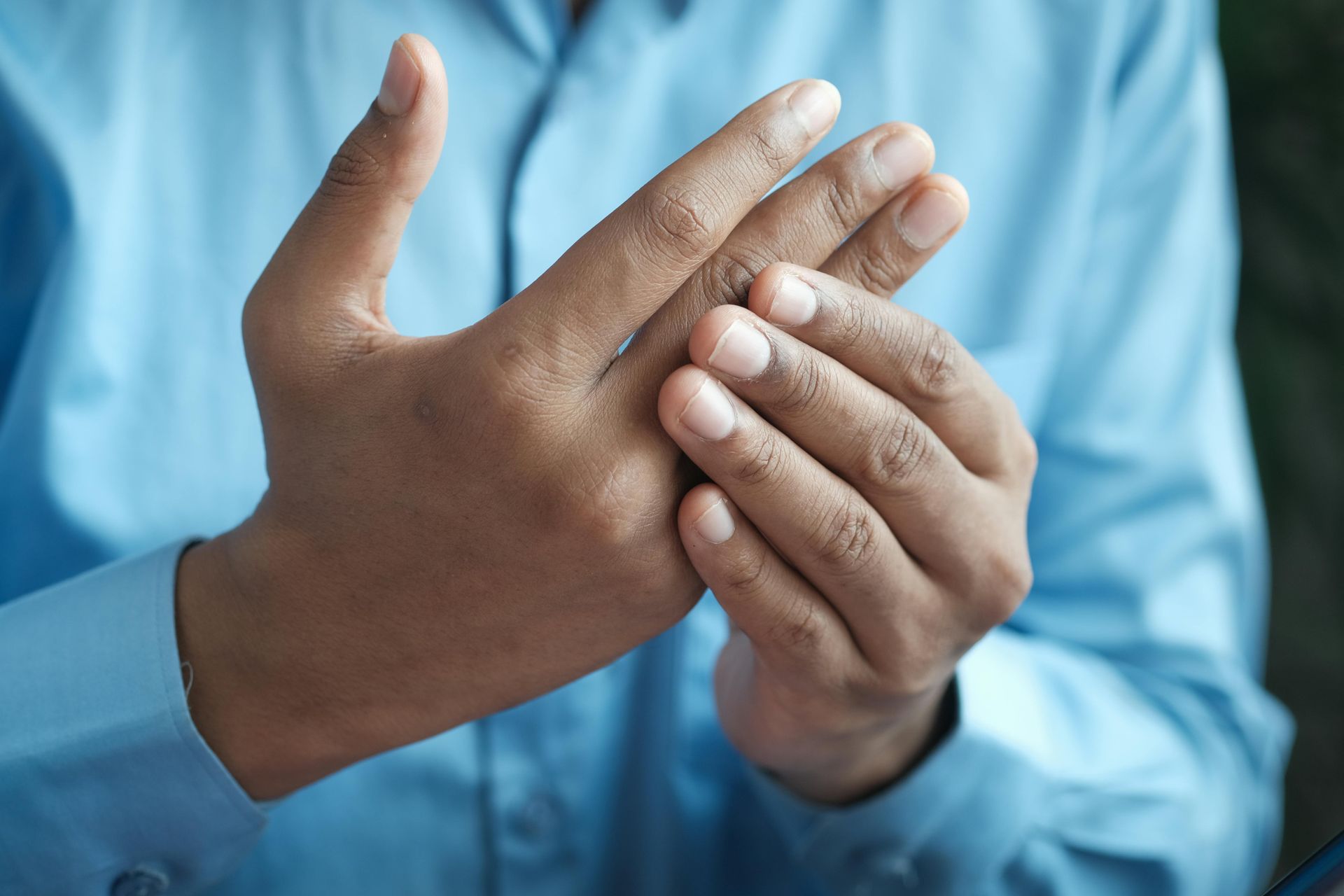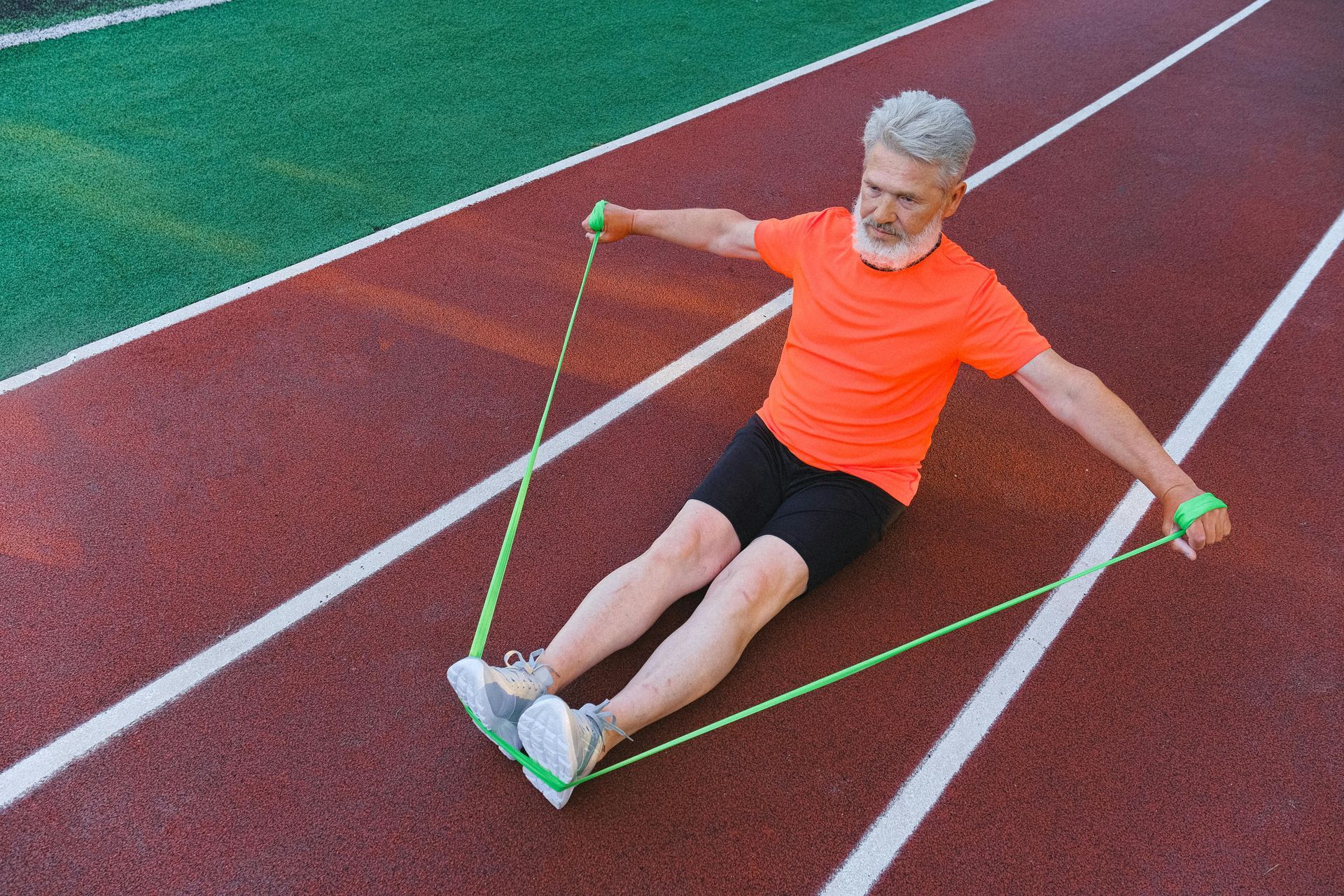Hydration and Movement Tips for a Healthy Holiday Season
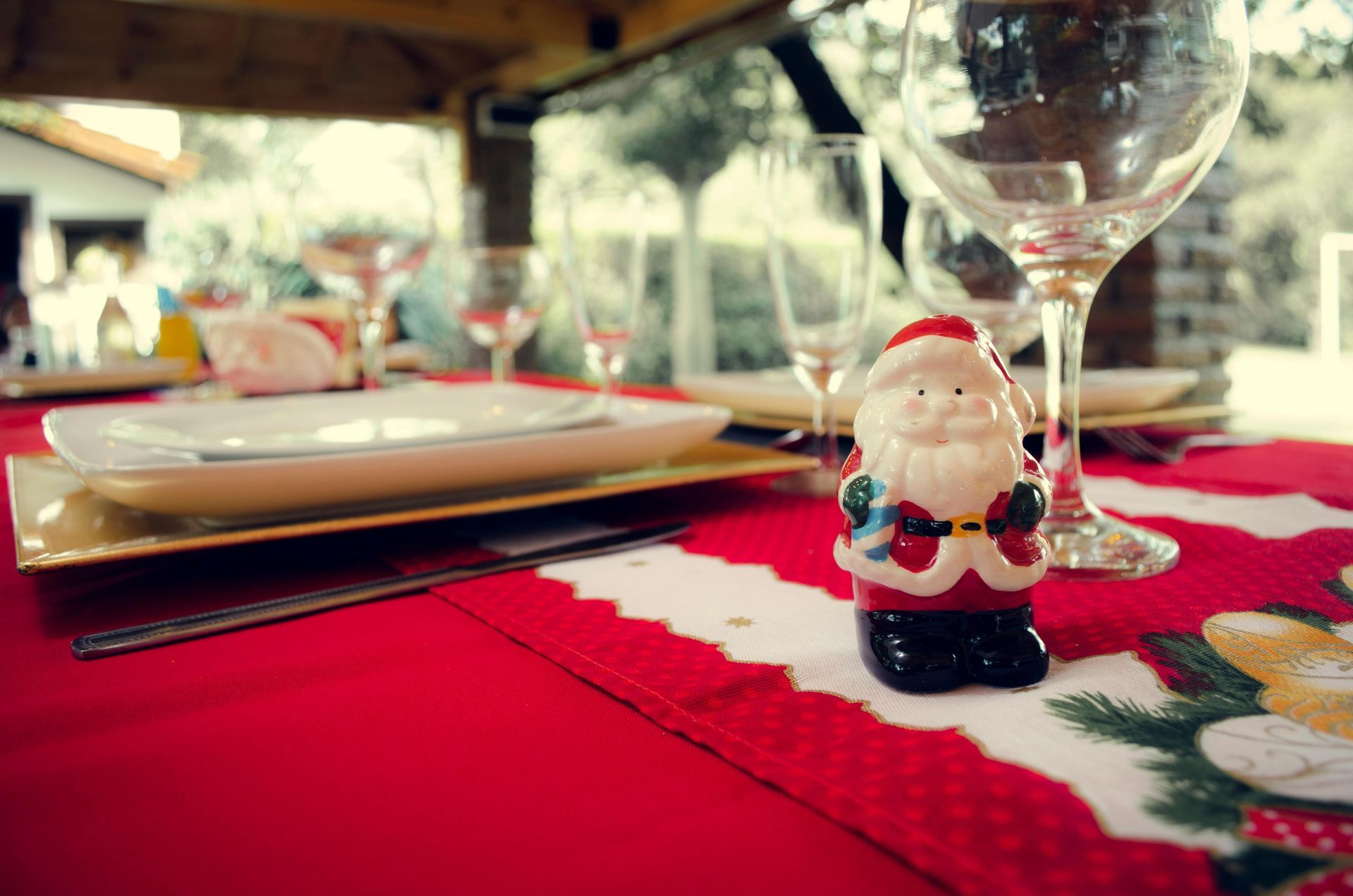
Staying hydrated and moving your body are two simple ways to enjoy the season while keeping yourself feeling great. Here's the science behind it and practical tips to help you make the most of the holidays.
Hydration: Your Summer Essential
Staying hydrated isn’t just about drinking water, it’s about understanding what your body needs, especially in hot weather or when celebrating with a few drinks.
How Much Water Do You Need?
The average recommendation is about
35-45 ml of water per kilogram of body weight daily.
For example:
- A 70 kg person should drink
2.5-3 litres per day.
However, this can vary based on activity levels, climate, and individual needs.
Why It Matters: Water makes up about 60% of your body and plays a crucial role in regulating temperature, transporting nutrients, and maintaining joint health. (Popkin et al., 2010)
Alcohol and Hydration: What You Should Know
Alcohol is a diuretic, meaning it makes you lose fluids faster than normal, which can lead to dehydration. The science suggests:
- For every standard drink, consume an extra
300-400 ml of water to offset fluid loss.
Alternate between alcoholic drinks and water to reduce dehydration risks.
Science-backed tip: Studies show that adequate hydration while drinking alcohol reduces hangover severity, including headaches, fatigue, and nausea. (Shirreffs & Maughan, 2000)
Electrolytes: The Hydration Boosters
Drinking too much plain water can dilute your body’s salt and electrolyte levels, leading to an imbalance called hyponatremia. Electrolytes like sodium, potassium, and magnesium help maintain proper nerve and muscle function.
Here’s how to keep your electrolytes in balance:
- Snack on
bananas, nuts, seeds, or avocados.
- Use
electrolyte powders or sports drinks, especially after sweating or long activities.
- Add a pinch of
salt or squeeze of lemon to your water for a natural boost.
Why it’s important: Research shows that even mild electrolyte imbalances can affect energy levels, focus, and muscle function. (Armstrong & Casa, 2012)
Movement: Stay Active and Enjoy the Holidays
Keeping your body moving isn’t just about exercise; it’s about staying functional, lubricating your joints, and reducing stiffness, perfect for the holiday season.
Science of Movement
- Regular movement helps stimulate
synovial fluid, which lubricates your joints and reduces stiffness. (Noakes, 2012)
- It also boosts endorphins, your body’s natural “feel-good” chemicals, which improve mood and energy. (O’Connor, 2006)
Fun and Simple Ways to Stay Active
- Bushwalking: A brisk 30-minute walk in nature can improve cardiovascular health and reduce stress.
- Beach Activities: Swimming, beach volleyball, or a walk along the shoreline are excellent low-impact exercises.
- Family Games: Backyard cricket, frisbee, or a game of tag with the kids combines activity with fun.
Even small movements, like stretching or playing with the kids, keep your joints moving and your muscles engaged. Aim for at least
150 minutes of moderate physical activity per week—easily done with a mix of holiday fun!
Wishing You a Happy, Active, and Hydrated Holiday!
This festive season, make hydration and movement your priorities.
Whether you’re sipping water between drinks, enjoying a bushwalk, or splashing in the ocean, these tips will help you feel your best and create lasting holiday memories.
Here’s to a joyful, healthy, and active holiday season!
References
- Popkin, B. M., D’Anci, K. E., & Rosenberg, I. H. (2010). Water, hydration, and health. Nutrition Reviews.
- Armstrong, L. E., & Casa, D. J. (2012). Optimal hydration strategies. Journal of the American College of Nutrition.
- Shirreffs, S. M., & Maughan, R. J. (2000). Rehydration and recovery of fluid balance after exercise. Exercise and Sport Sciences Reviews.
- Noakes, T. D. (2012). Waterlogged: The Serious Problem of Overhydration in Endurance Sports. Human Kinetics.
- O’Connor, P. J. (2006). Hydration and exercise performance. Current Sports Medicine Reports.
Blogs


